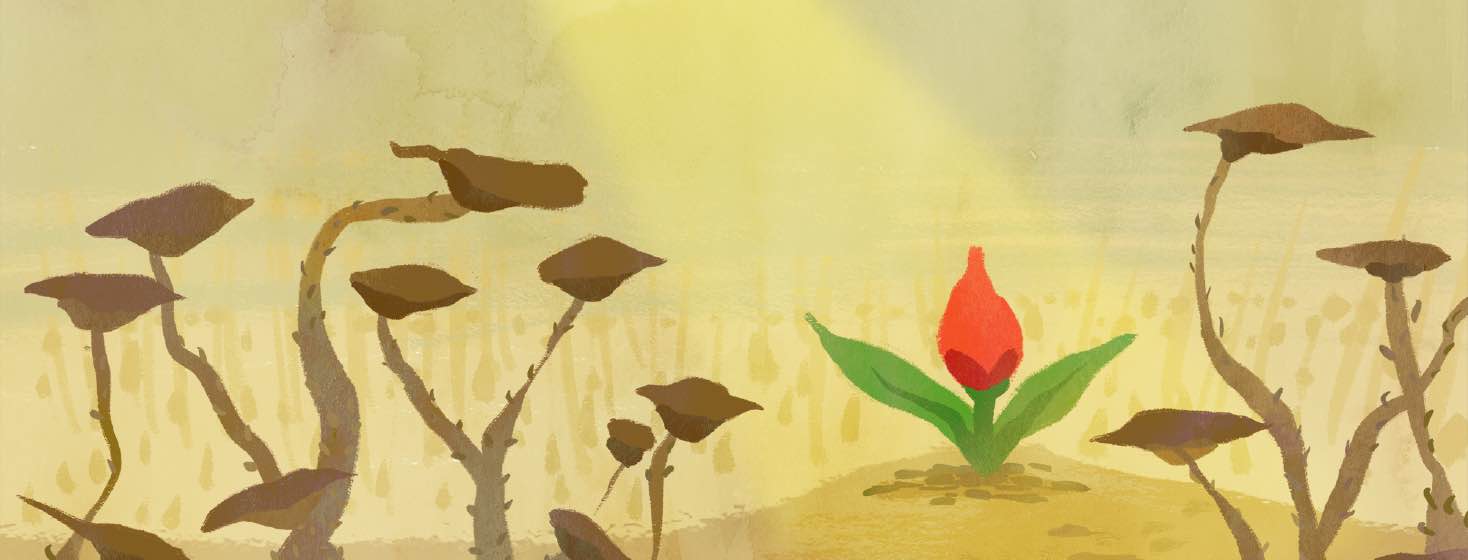My Father's Prostate Cancer Experience
Prostate cancer is cancer found in a man’s prostate gland. The gland size can be compared to that of a walnut. What the gland does is nourish and transport sperm. This kind of cancer is prevalent in Black men, and more aggressive forms of this cancer are usually seen in Black than white men.
The focus of this article is to provide the real-life story of some of my father’s struggles and challenges, and his sweet victory.
Getting diagnosed
My father is now 87 years old. His diagnosis came at the age of 72 years old. Unfortunately, he is on his 3rd wife (he keeps outliving them), 3 grown children and 9 grandchildren, and 4 great-grandchildren. His favorite activity is playing golf with his friends. He stopped working at the age of 83.
In August 2006, I took him to see his doctor for his bi-annual regular check-up; this is where his trials began. His doctor noticed that his prostate-specific antigen (PSA) level had surged to 4.3. This was abnormal for his age. His doctor ordered that he get his Gleason score. The result came back, and it was 7 out of 10.
The doctor immediately asked if he wanted to either undergo radiotherapy or have his prostate gland removed. I could tell he was very sad and disappointed. My father is a man’s man and didn’t want this to happen. We told the doctor that he would get back to him in a few days.
Deciding on treatment
His friend told him he should get his prostate gland removed. He was not planning to have any more children at this age anyway. He got back to the doctor that he was going to go for the surgical option. We set a date for the operation.
Google became my best friend during this time. There were lots of questions or others about the surgery. I read something that concerned me. It talked about urinary incontinence. This scared me that he would not be able to urinate on his own. This put fear in me that he would have to have a catheter for the rest of his life. This sent chills down my spine.
The surgeon and the medical team convinced me that the probability of him developing urinary incontinence was very low.
Undergoing recovery
The day of surgery came, and it was successful thanks to God and the healthcare team. He did suffer a little post-operative (after surgery) pain for a few days. He did have prescribed painkillers. My fear, which was urinary incontinence, never came true. With a little exercise, he was able to get back on his feet and start playing golf again. He goes for his regular check-ups and his cancer has remained undetectable.
I encourage people to get regular medical check-ups. Prostate cancer can be a nightmare. If detected early and handled by the right hands, the menace can be at the bay.

Join the conversation